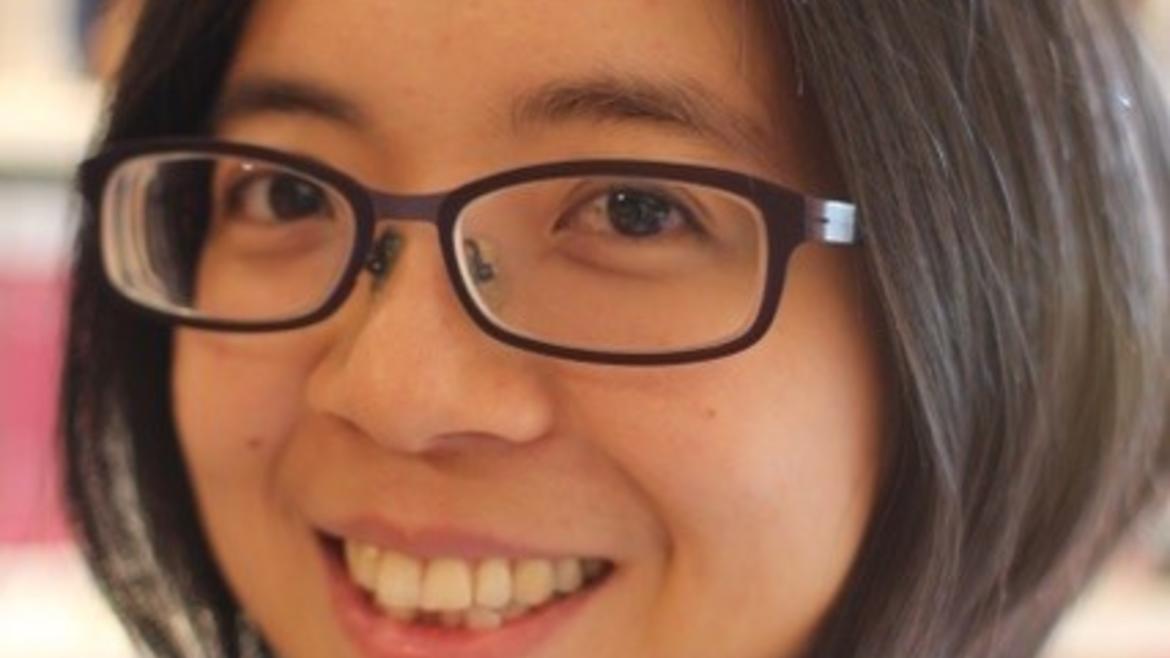IIGB Seminar: Dr. Grace Lee, UC Irvine

Title: "How transposable elements shape genome evolution through epigenetic mechanisms"
Please email IIGBadmin@ucr.edu for Zoom link.
Host: Maria Ninova
Abstract: Transposable elements (TEs) are widespread genome parasites whose presence is tightly intertwined with the evolution of their host genomes. Fifty years of transposon research primarily focused on how they break or change DNA sequences (“genetic effects”). Yet, growing evidence has suggested another important mechanism by which TEs impact genome function and evolution—through epigenetic silencing. Eukaryotic hosts typically silence TEs through the deposition of repressive epigenetic marks. While this silencing effect would reduce the replicative potential of TEs and should be beneficial to the hosts, our recent work found that epigenetic silencing of TEs also inadvertently results in harmful epigenetic effects both along the linear DNA and in 3D nuclear space. By using Drosophila as a model system, we identified genome-wide that repressive epigenetic marks at silenced euchromatic TEs spread to adjacent sequences, even into functional genes. This spreading effect changes the epigenetic states of neighboring genes and tampers gene expression. Silenced euchromatic TEs also spatially interact with distant pericentromeric heterochromatin, altering 3D genome organization. Importantly, population genomic analysis identified selection against both of these TE-mediated epigenetic effects, and, across Drosophila species, the strength of TE-mediated epigenetic effects is negatively associated with genomic TE abundance. These observed functional and evolutionary consequences indicate that TE-mediated epigenetic effect is not only crucial for the evolutionary dynamics of TEs, but also a significant contributor to host genome evolution.
Please wear a mask for this event.